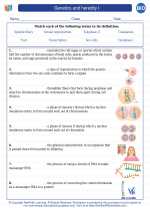Occupational Therapy
Occupational therapy is a health profession that helps people across the lifespan to do the things they want and need to do through the therapeutic use of daily activities (occupations).
Role of Occupational Therapists
Occupational therapists work with individuals who have physical, mental, developmental, or emotional disabilities. They help clients to improve their ability to perform tasks in their daily living and working environments. This may include helping children with disabilities to participate fully in school and social situations, helping people recovering from injury to regain skills, and providing support for older adults experiencing physical and cognitive changes.
Educational Requirements
To become an occupational therapist, one must complete a bachelor's degree, followed by a master's or doctoral degree in occupational therapy. Additionally, a period of supervised fieldwork experience is required for licensure.
Key Concepts and Techniques
- Activity Analysis: Occupational therapists analyze the demands of an activity, the required skills, and the context in which the activity occurs to help individuals achieve their goals.
- Environmental Modifications: Occupational therapists may recommend and implement changes in the environment to facilitate a person's ability to engage in daily activities.
- Assistive Technology: They may also provide or recommend the use of assistive devices and technology to support participation in daily activities.
- Adaptive Strategies: Occupational therapists teach adaptive strategies and techniques to help individuals accomplish tasks more independently.
Study Tips
Here are some tips for studying occupational therapy:
- Understand the principles of activity analysis and how they are applied in occupational therapy practice.
- Learn about various disabling conditions and the specific interventions and techniques used by occupational therapists to address them.
- Study the ethical considerations and professional standards that guide occupational therapy practice.
- Review case studies and real-life scenarios to understand the practical application of occupational therapy principles.
- Stay updated with the latest research and advancements in the field of occupational therapy.
◂Biology Worksheets and Study Guides High School. Genetics and heredity I
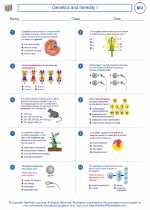
 Worksheet/Answer key
Worksheet/Answer key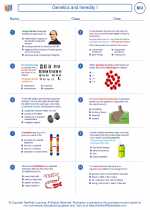
 Worksheet/Answer key
Worksheet/Answer key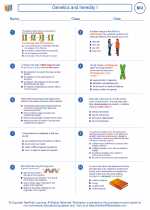
 Worksheet/Answer key
Worksheet/Answer key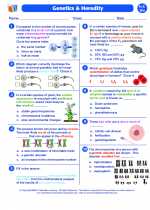
 Vocabulary/Answer key
Vocabulary/Answer key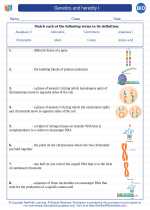
 Vocabulary/Answer key
Vocabulary/Answer key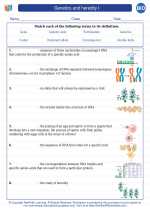
 Vocabulary/Answer key
Vocabulary/Answer key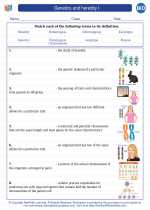
 Vocabulary/Answer key
Vocabulary/Answer key
 Vocabulary/Answer key
Vocabulary/Answer key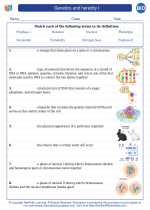
 Vocabulary/Answer key
Vocabulary/Answer key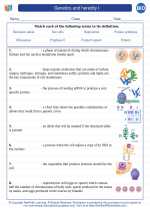
 Vocabulary/Answer key
Vocabulary/Answer key